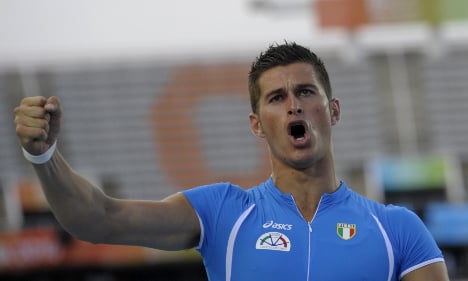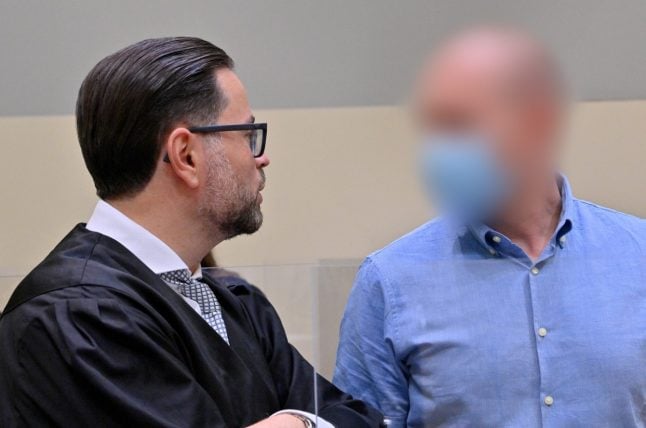Simone Collio, Roberto Donati and Maurizio Checcucci, along with Emanuele Di Gregorio, set a national record of 38.17sec for their silver medal finish in the event at the 2010 European Championships in Barcelona.
Collio, Donati and Checcucci were later accused of doping after traces of Bentelan, a cortisone whose use at the time was banned during competition, were found.
Public prosecutors had demanded suspensions of between eight months and two years and eight months for the trio but, claiming they had only used the substance out of competition, the athletes were on Thursday cleared by Coni following a hearing at the committee's headquarters in Rome.
"The second section of the National Anti-Doping Tribunal, held today at the Stadio Olimpico in Rome, issued rulings in respect of proceedings against Simone Collio, Maurizio Checcucci, and Roberto Donati as a result of referrals required by the Anti-doping prosecutor," said a CONI statement.
"The Court acquitted the three athletes according to anti-doping rules in force at the time."
Di Gregorio had been cleared of any wrongdoing earlier in the case.
Collio, meanwhile, lashed out following the decision claiming the athletes' image had been wrongly tarnished by the affair.
"I've been painted as a cheat, and now I'd like to know who is going to compensate me for the damage done," said Collio in comments reported by the website of La Gazzetta dello Sport.
"My career has been ruined… people are going to believe we were doping. The damage to our reputations has been immense."



 Please whitelist us to continue reading.
Please whitelist us to continue reading.
Member comments